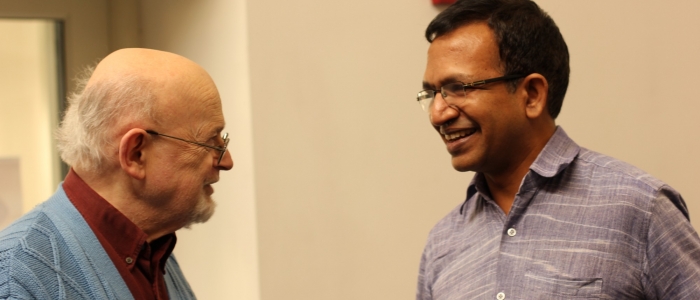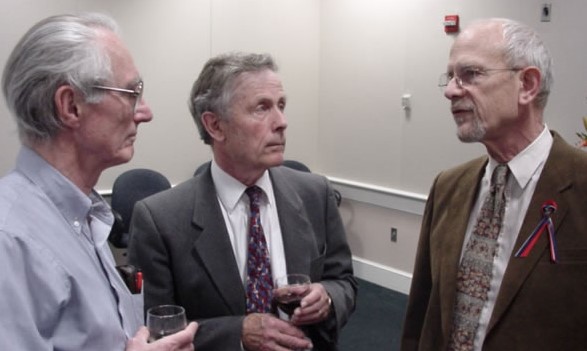Upon Lorraine DeSalvo's 2019 retirement, the Department of Physics commended her 41 years of service by establishing the Lorraine DeSalvo Chair's Endowed Award for Outstanding Service. The award will recognize employees in the Department of Physics who provide benefit beyond their regular duties, promote positive professional and personal exchanges among colleagues and work effectively with internal and external partners. The chair of the Department of Physics will administer the fund and select recipients.
Contibutions can be made online or by check. Checks should be made payable to the "University of Maryland College Park Foundation" or "UMCP Foundation." In the notes/for section on the check please write, "Lorraine DeSalvo Chair's Endowed Award." Mail to:
2300 Symons Hall
University of Maryland
College Park, MD 20742












